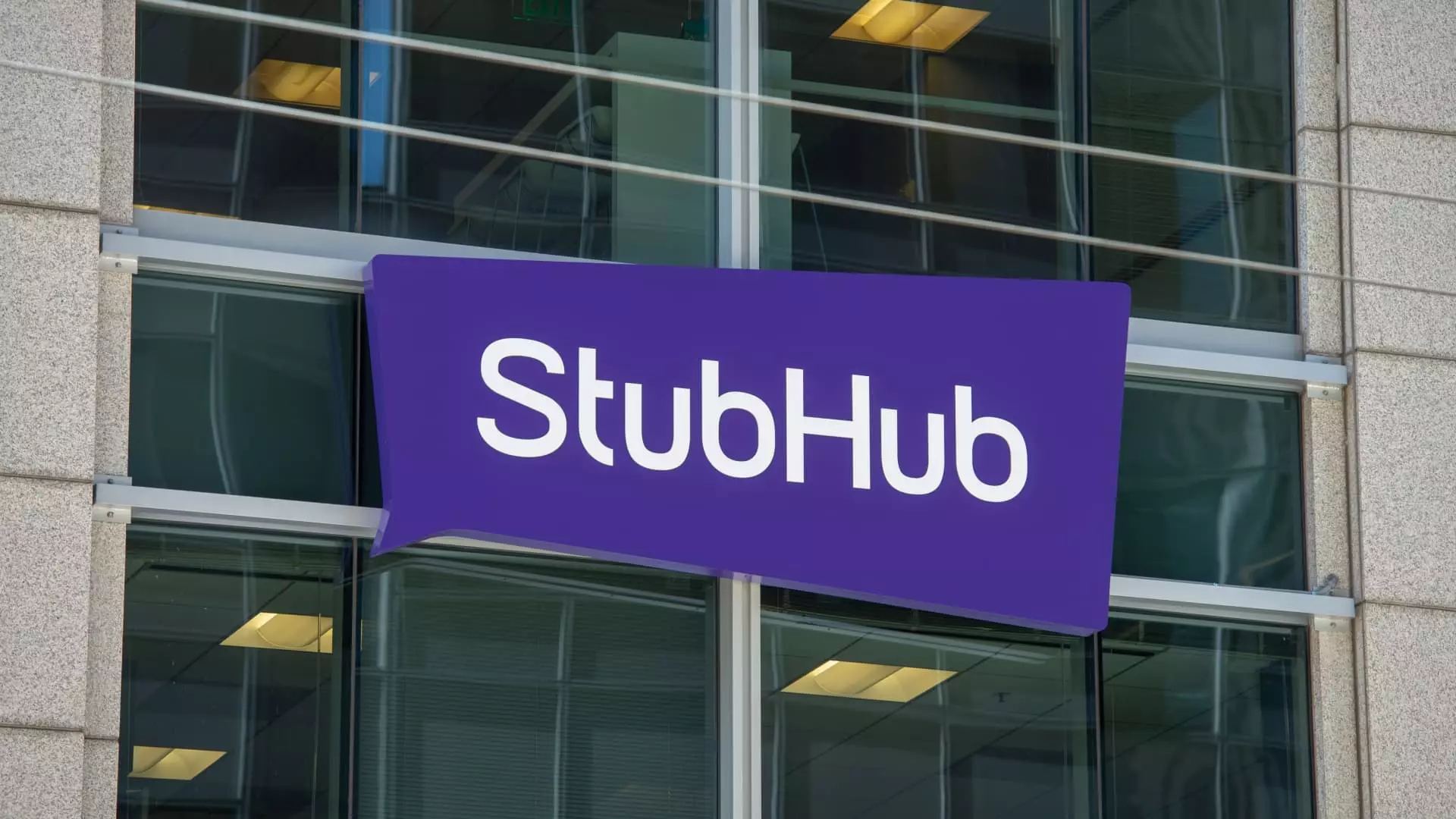Recently, Attorney General Brian Schwalb from Washington, D.C., filed a lawsuit against StubHub, an online ticket exchange platform, accusing the company of engaging in deceptive and unfair pricing practices. The lawsuit claims that StubHub manipulates consumers with misleading low ticket prices only to hit them with significantly higher fees during the checkout process. This intentional deception is said to be a tactic used to maximize profits at the expense of customers, according to Schwalb’s statement.
One of the central points of the lawsuit is the allegation that StubHub employs a strategy referred to as “drip pricing.” This tactic involves using a countdown clock to create a false sense of urgency for consumers, pushing them towards making hasty purchasing decisions. The complaint further asserts that StubHub adds inflated “fulfillment and services fees” without providing a clear explanation for these additional charges.
The lawsuit against StubHub comes at a time when consumers and lawmakers are increasingly vocal about their dissatisfaction with hidden fees imposed by ticket sellers. The attorney general’s office highlighted the fact that Washington, D.C., residents spend more per capita on live entertainment than individuals in many other U.S. cities, making them particularly vulnerable to the company’s alleged deceptive practices. Additionally, StubHub’s decision to postpone its IPO due to challenging market conditions adds another layer of complexity to the situation.
The lawsuit details StubHub’s transition from an “all-in pricing” model in 2014-2015, where mandatory fees were included in the advertised price, to the current strategy of concealing fees until the end of the checkout process. The company reportedly conducted tests to compare consumer behavior under both pricing models and found that customers were more likely to make purchases and pay higher prices when fees were obscured until the final stages of the transaction.
Since 2015, StubHub has reportedly generated over $118 million in hidden fees from selling more than 5.5 million tickets to consumers in Washington, D.C. In addition to the current lawsuit, the company faced a federal class action lawsuit earlier this year for allegedly misleading customers about ticket prices. Despite its prominent position in the ticketing industry, StubHub has been embroiled in legal battles and controversy over its pricing practices.
The allegations against StubHub shed light on the murky world of online ticket sales and the challenges faced by consumers in navigating pricing structures. By examining the details of the lawsuit and the company’s history, it becomes evident that deceptive pricing practices can have far-reaching consequences for both individuals and the market as a whole. As the legal battle unfolds, it remains to be seen how StubHub will address these accusations and whether the company will be held accountable for its actions.

